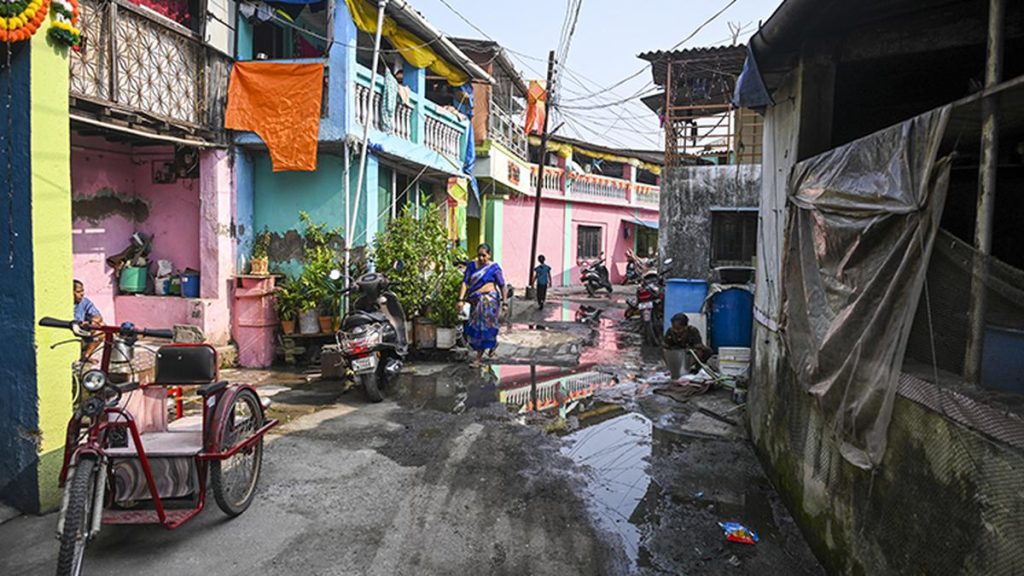Now Reading: Massive Tree-Felling Reported in CHR Region
-
01
Massive Tree-Felling Reported in CHR Region
Massive Tree-Felling Reported in CHR Region
Quick Summary
- Massive tree felling has been reported from the Cardamom Hill Reserve (CHR) in Idukki, Kerala, particularly in Uchilukuth near Santhanpara.
- 40 acres of land were cleared with trees cut, ponds constructed, and earth movers used for clearing purposes.
- The Forest department confirmed no permission was granted for tree felling on CHR land and registered a case against illegal activities. The landowner leased the area to an Adimaly resident who initiated the deforestation for cardamom cultivation.
- botanist Jomy Augustine explained that trees are cut to grow Njallani cardamom which requires more sunlight but warned of its long-term impacts like temperature increases and reduced yield due to poor climate conditions. He also highlighted risks to endemic plant species near mathikettan Shola National Park’s entrance at Pethotty due to deforestation.
- Congress district vice-president Arun K.S alleged involvement of forest officials while environmentalist M.N jayachandran refuted claims that felled trees were of “low quality,” deeming such statements unethical.
- Last week, similar large-scale tree felling was reported in Pethotty where 440 trees were cleared under the guise of replanting cardamom.
Indian Opinion Analysis
The repeated incidents of large-scale deforestation within Idukki’s Cardamom Hill Reserve underline critical challenges surrounding conservation enforcement and sustainable agricultural practices in ecologically sensitive zones like CHR.While njallani cardamom farming may offer short-term productivity gains through increased sunlight exposure, experts suggest these efforts could compromise long-term ecological balance by driving temperature rise and endangering rare flora species found nearby Mathikettan Shola National Park-a designated biodiversity hotspot.
Allegations regarding lapses or possible collusion by officials underscore gaps in regulatory oversight which threaten protected areas meant for ecological preservation rather than commercial exploitation. Comprehensive action plans focusing on stricter monitoring mechanisms are essential not only to curb unlawful activities but also foster sustainable crop management approaches safeguarding environmental integrity alongside livelihoods tied to agriculture.
Read More: https://www.thehindu.com/theme/images/th-online/1x1_spacer.png

























